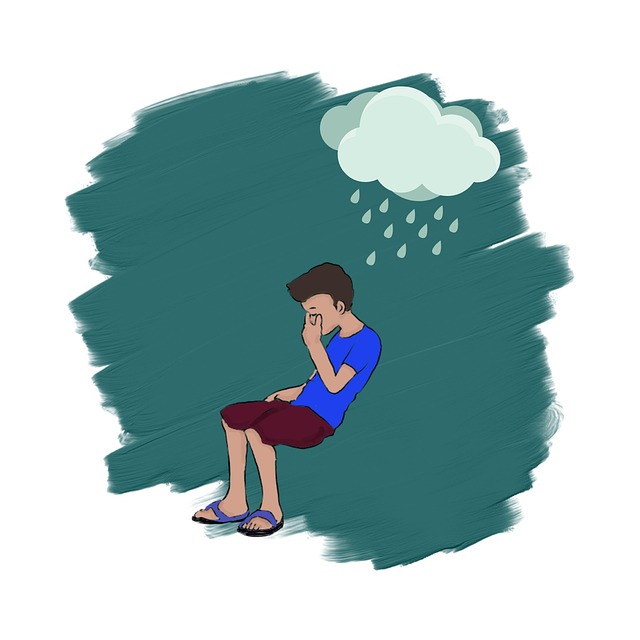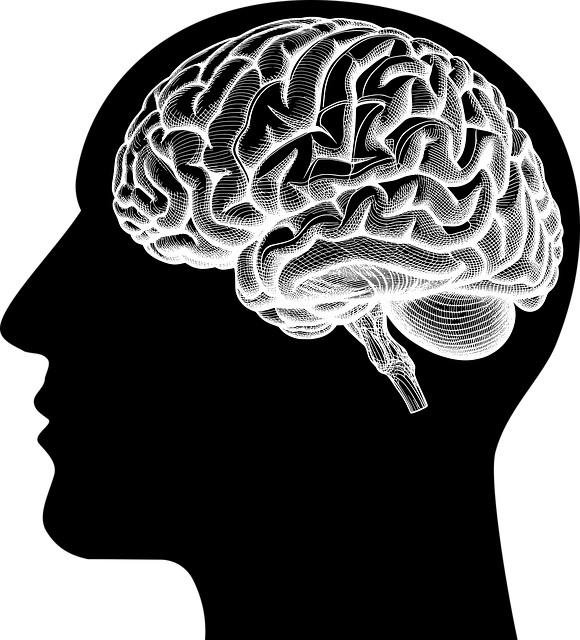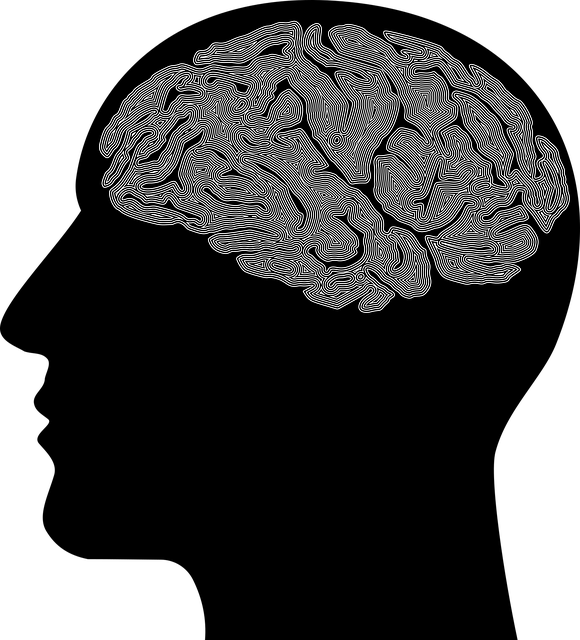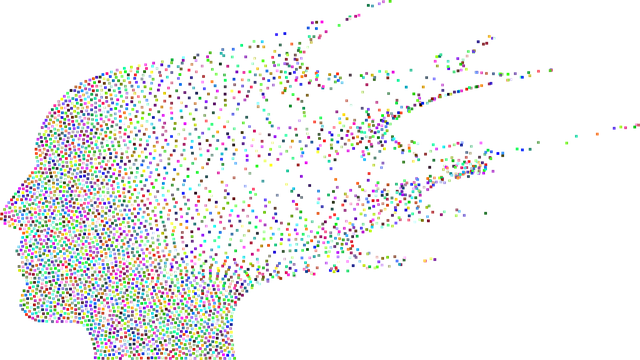Anxiety, a common yet disruptive condition, can be managed through recognizing signs like rapid heartbeat and persistent worry, leading to social withdrawal and sleep disruptions. Superior Child Abuse Therapy (SCAT) emphasizes early intervention with comprehensive approaches focusing on coping skills, social training, and building support networks for effective stress management. Cognitive Behavioral Therapy (CBT), combined with SCAT, offers a structured path to healing for trauma survivors, promoting resilience and improved mental wellness. Mindfulness and meditation, integrated into SCAT programs, help individuals cope with intense emotions. Lifestyle changes, including nutritional strategies and exercise, are vital alongside therapy for long-term mental health improvement, especially through Mental Wellness Journaling Exercise Guidance post-SCAT treatment.
Anxiety is a pervasive condition affecting millions, yet manageable through effective techniques. This comprehensive guide explores four powerful strategies for conquering anxiety. We delve into understanding anxiety’s signs and symptoms, uncovering how Cognitive Behavioral Therapy (CBT) offers a structured path to recovery. Discover the calming effects of mindfulness and meditation, and learn lifestyle changes, including nutritional strategies and exercise, that can significantly reduce anxiety levels. Embrace these techniques for superior stress management and improved well-being.
- Understanding Anxiety: Recognizing the Signs and Symptoms
- Cognitive Behavioral Therapy (CBT): A Powerful Tool for Overcoming Anxiety
- Mindfulness and Meditation: Finding Calm in a Storm of Anxiety
- Lifestyle Changes: Nutritional Strategies and Exercise to Combat Anxiety
Understanding Anxiety: Recognizing the Signs and Symptoms

Anxiety is a common human experience but becomes problematic when it interferes with daily life. Understanding anxiety involves recognizing its signs and symptoms, which can manifest physically and mentally. Individuals may experience rapid heartbeat, difficulty breathing, restlessness, or persistent worry as early indicators. Over time, chronic anxiety can lead to more severe issues like social withdrawal, avoidance behaviors, and disruptions in sleep and appetite.
Superior Child Abuse Therapy emphasizes the importance of early intervention and comprehensive approaches to managing anxiety. Coping skills development plays a crucial role in helping individuals confront and overcome these challenges. Social skills training enhances interactions and supports building supportive networks, which are vital for stress management. By combining these techniques, individuals can learn effective strategies to navigate anxious moments, fostering resilience and improving overall well-being.
Cognitive Behavioral Therapy (CBT): A Powerful Tool for Overcoming Anxiety

Cognitive Behavioral Therapy (CBT) is a highly effective approach to managing and overcoming anxiety disorders. This evidence-based therapy focuses on identifying and changing negative thought patterns and behaviors that contribute to feelings of anxiety. CBT works by helping individuals challenge their distorted beliefs and replace them with more realistic, positive thoughts, thereby reducing the intensity and frequency of anxious episodes.
For those who have experienced trauma, such as superior child abuse therapy cases, CBT can be particularly powerful. It provides a structured framework for processing and healing from past experiences, while also teaching valuable coping strategies for managing present-day anxiety triggers. By combining these therapeutic techniques with emotional well-being promotion techniques, individuals can develop long-lasting resilience and improve their overall mental wellness. Furthermore, participating in Stress Management Workshops Organization programs or tuning into Mental Wellness Podcast Series productions can enhance learning and provide ongoing support for maintaining optimal emotional health.
Mindfulness and Meditation: Finding Calm in a Storm of Anxiety

In the midst of anxiety’s storm, mindfulness and meditation offer a sanctuary of calm. These practices encourage individuals to focus on the present moment, rather than dwelling on past traumas or future worries. Superior Child Abuse Therapy recognizes the power of mindfulness as a coping skill development tool, helping clients navigate through intense emotions without being overwhelmed. By training the mind to observe thoughts and sensations without judgment, individuals can reduce the intensity of anxious reactions and enhance their overall mental wellness.
Meditation further strengthens this process by promoting positive thinking and coping skills development. Regular meditation sessions create space for introspection, fostering a deeper understanding of one’s thoughts and feelings. This awareness is crucial in managing anxiety effectively. Through specialized Mental Wellness Coaching Programs, individuals learn to harness the benefits of mindfulness and meditation as part of their holistic journey towards better mental health and resilience.
Lifestyle Changes: Nutritional Strategies and Exercise to Combat Anxiety

Anxiety management often goes beyond therapy; lifestyle changes play a significant role in achieving long-term mental wellness. Nutritional strategies are a powerful tool in combating anxiety. A diet rich in whole foods, such as fruits, vegetables, and lean proteins, can help stabilize mood and energy levels. Omega-3 fatty acids, found in fish like salmon, are known to reduce anxiety symptoms and improve overall brain health. Additionally, staying hydrated and limiting caffeine intake can significantly impact anxiety reduction.
Regular exercise is another effective strategy. Physical activity releases endorphins, which enhance mood and promote relaxation. Incorporating activities like yoga or mindfulness meditation into your routine offers dual benefits—it improves physical fitness while providing valuable mental health guidance. Combining these lifestyle changes with a Mental Wellness Journaling Exercise Guidance can create a holistic approach to managing anxiety, especially for those who have experienced superior child abuse therapy, helping them lead more balanced and fulfilling lives.
Anxiety management is a multifaceted journey, and by combining techniques from cognitive behavioral therapy, mindfulness practices, and lifestyle modifications, individuals can effectively navigate their anxiety. These strategies empower people to take control of their mental health, fostering resilience and improved well-being. Remember, seeking professional help, such as superior child abuse therapy, is a courageous step towards healing and managing anxiety disorders. Through tailored support, individuals can uncover the root causes, develop coping mechanisms, and lead fulfilling lives.














